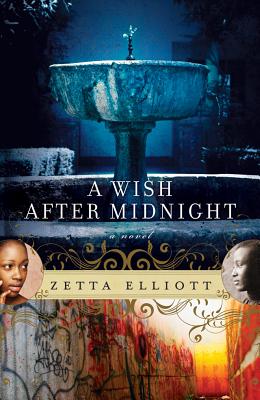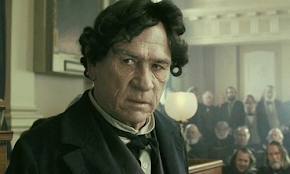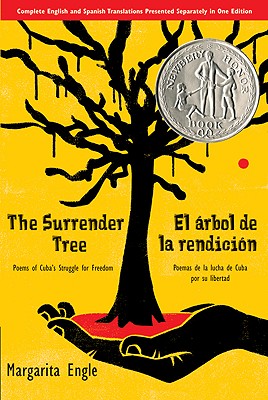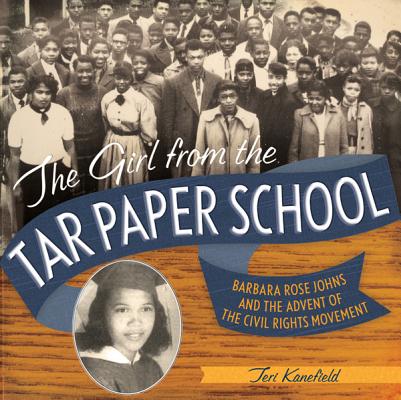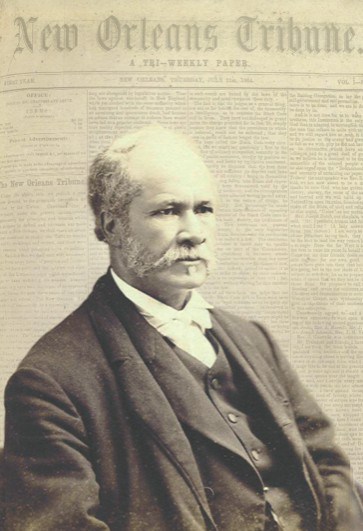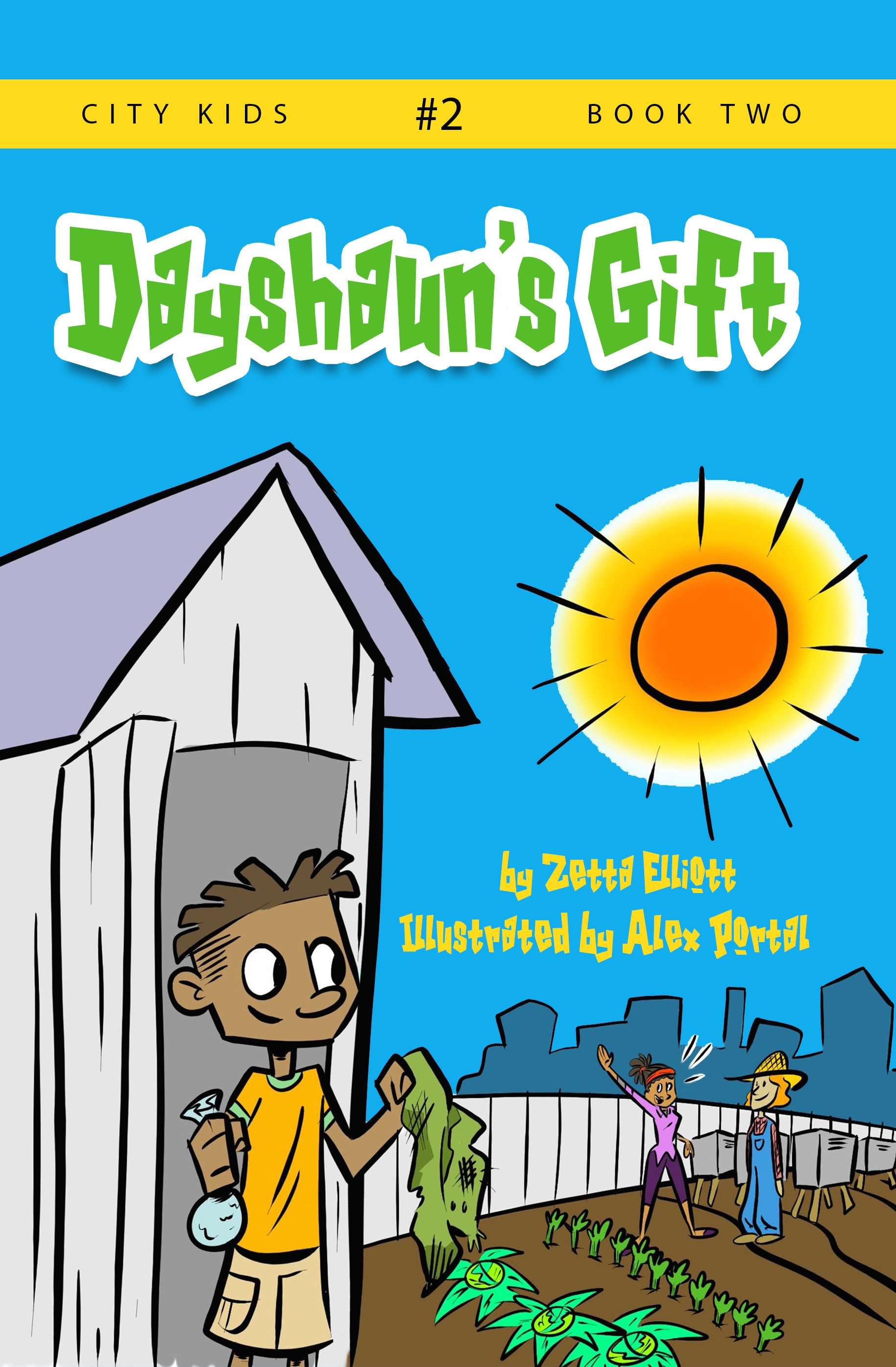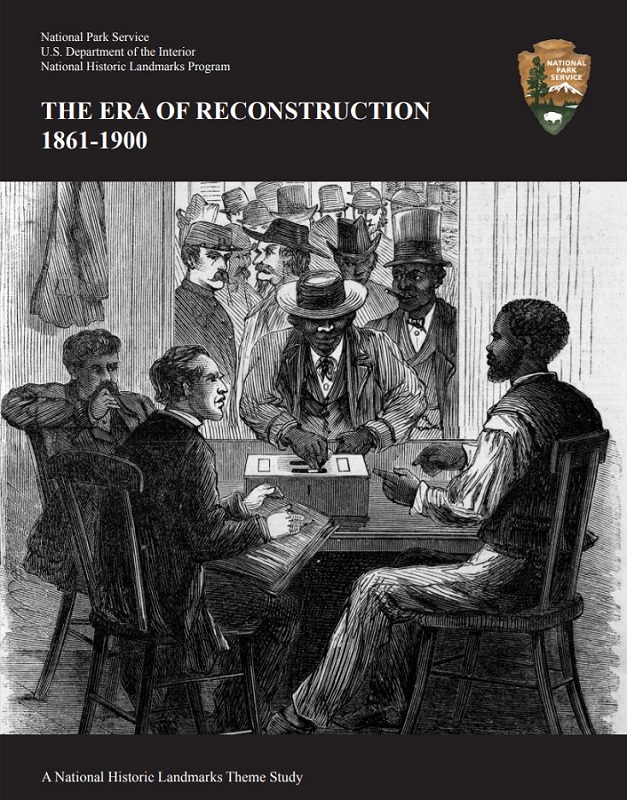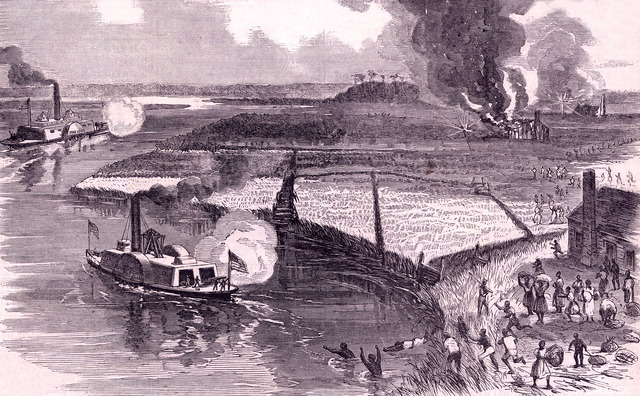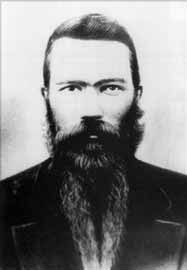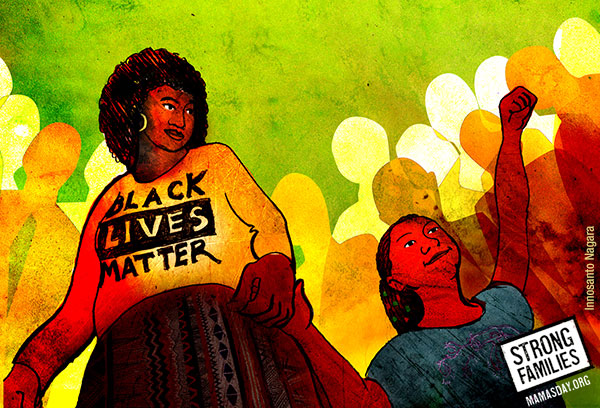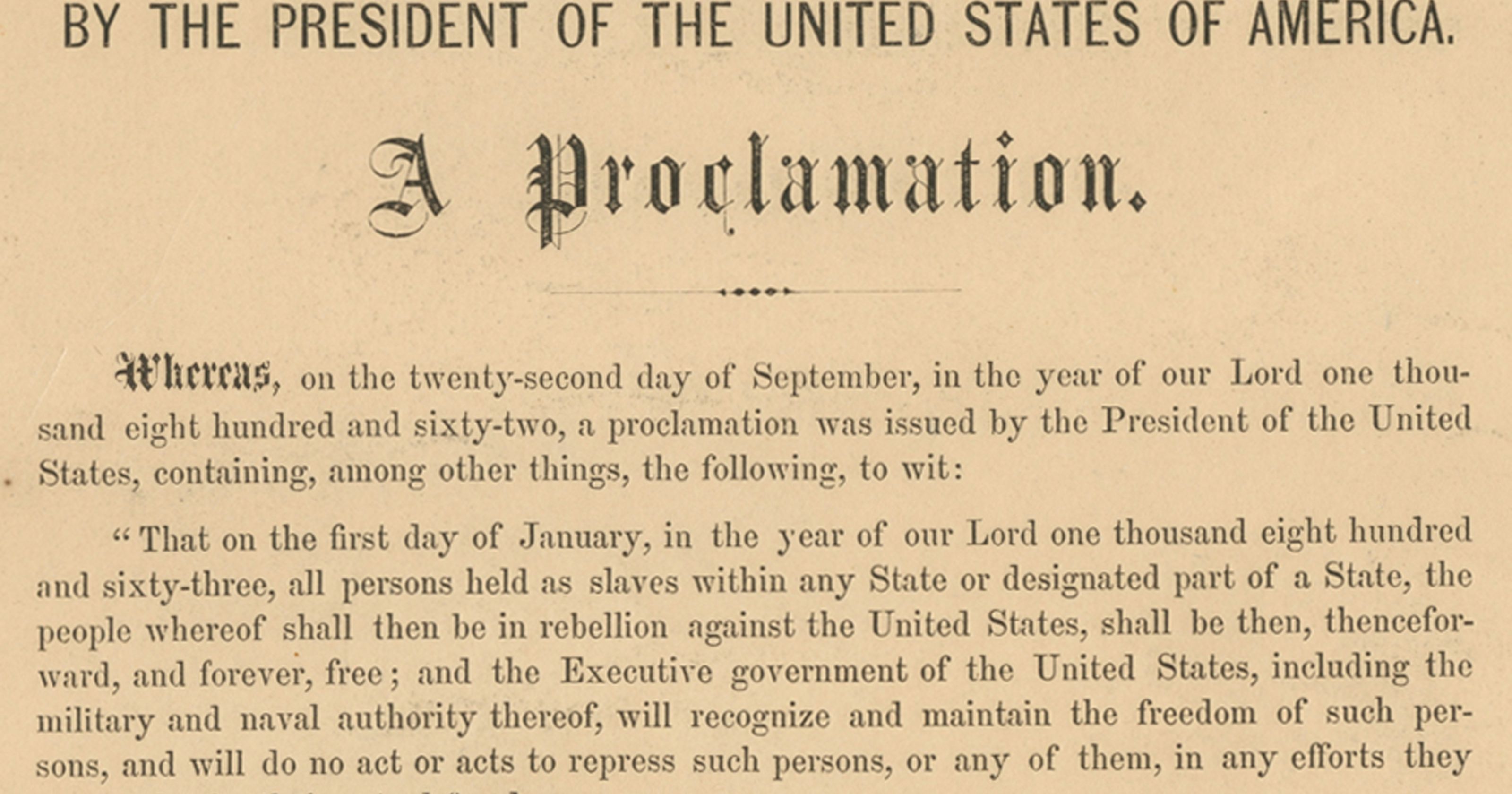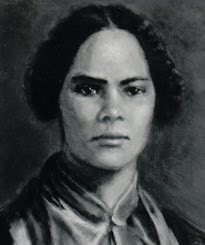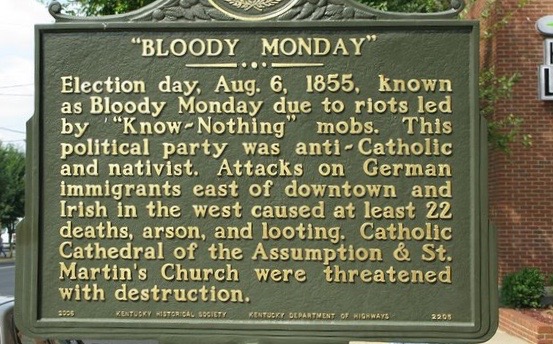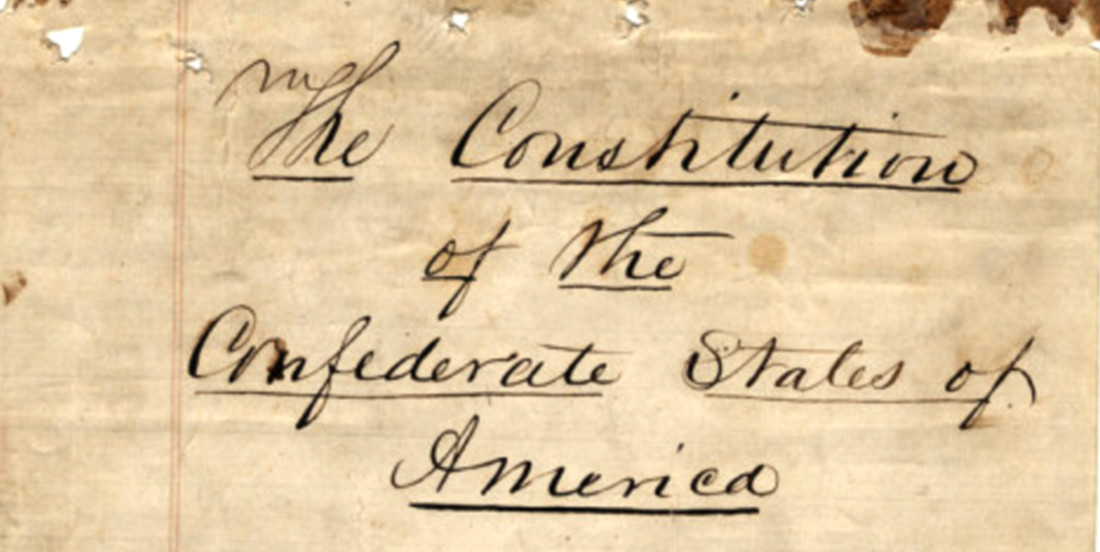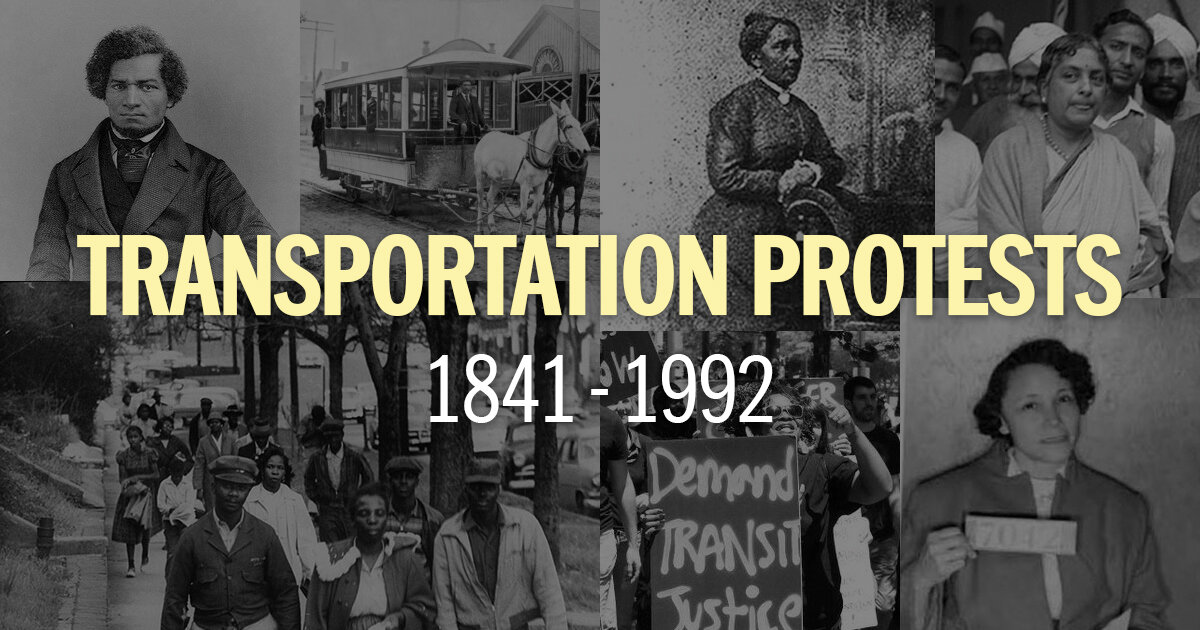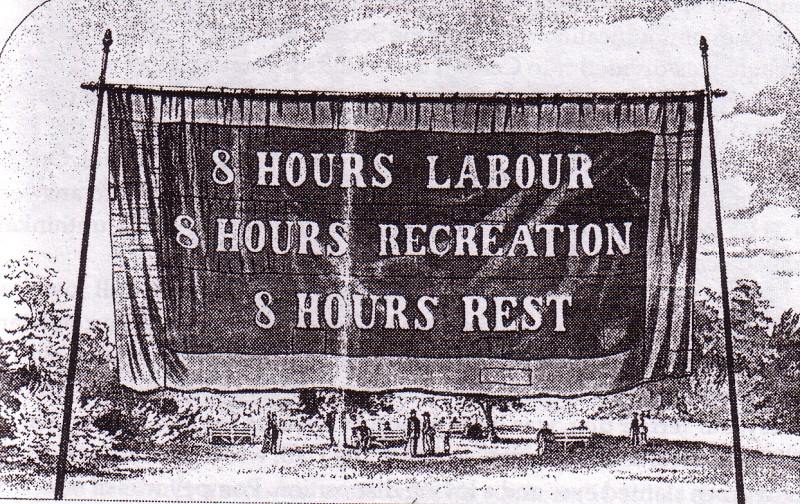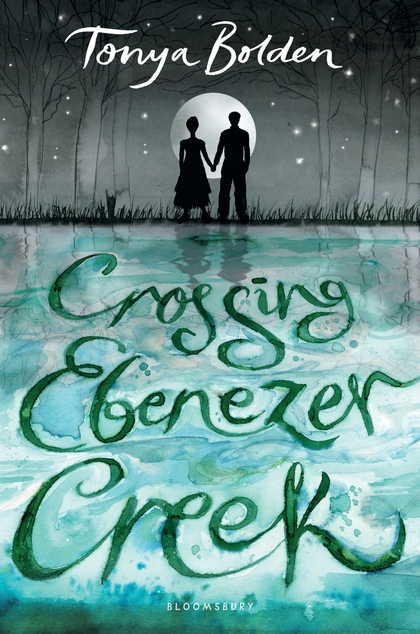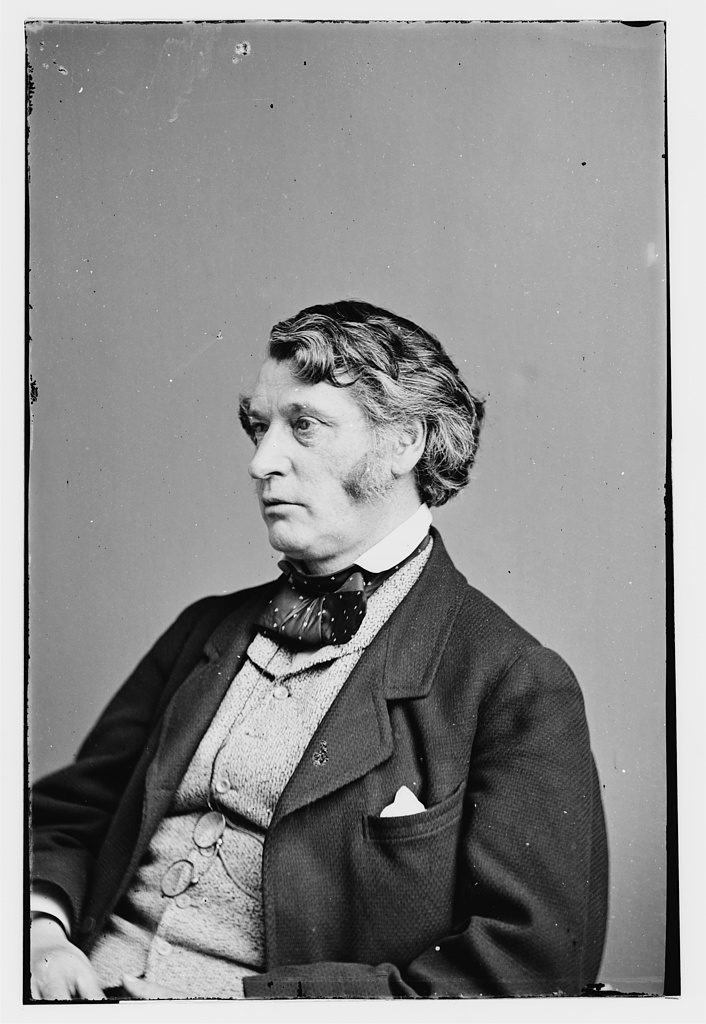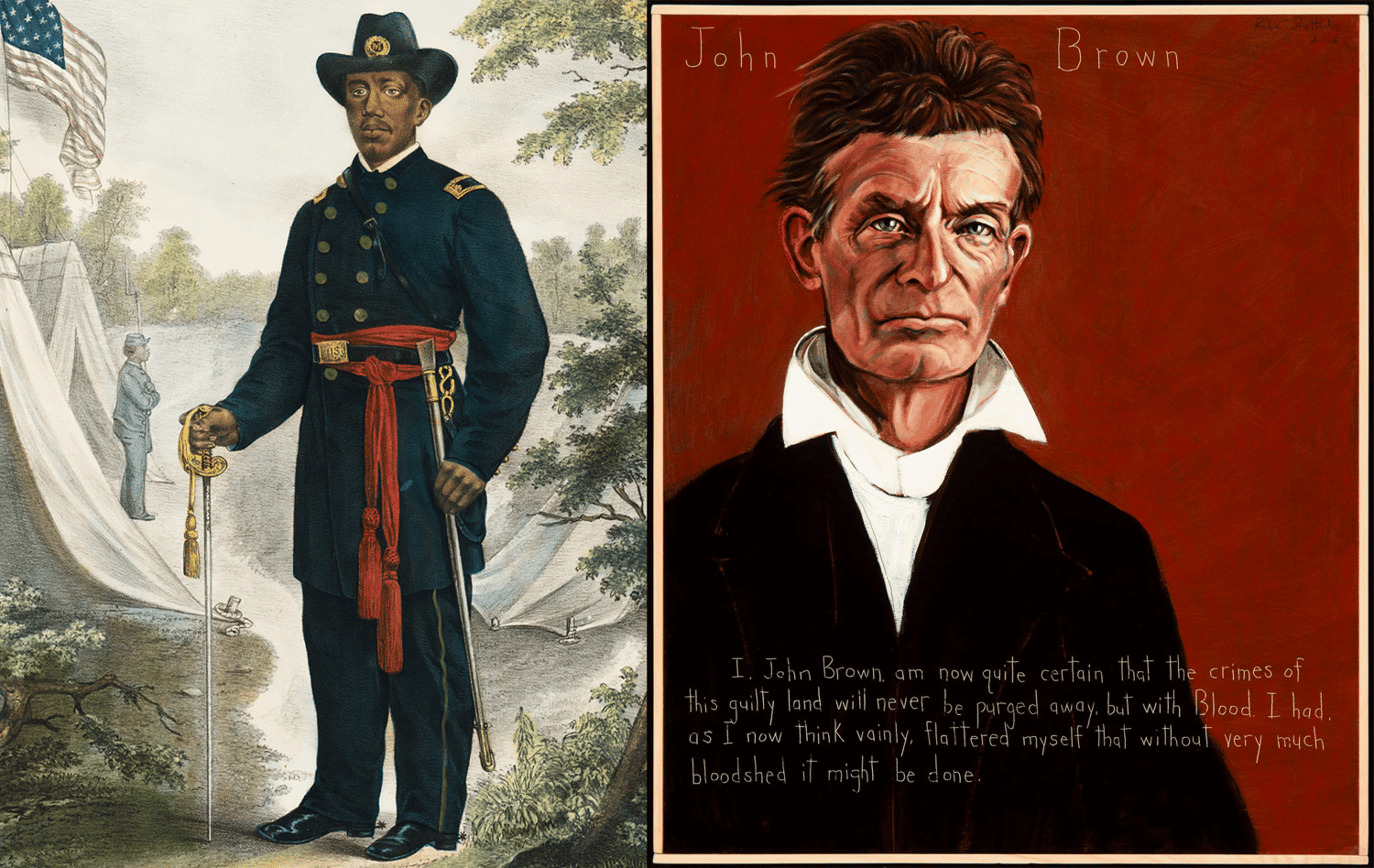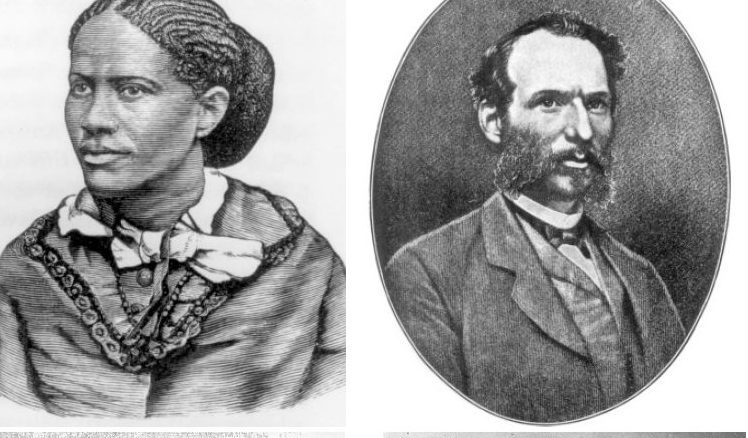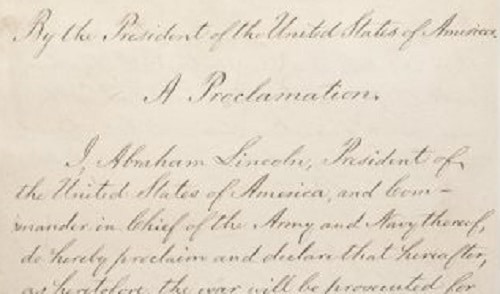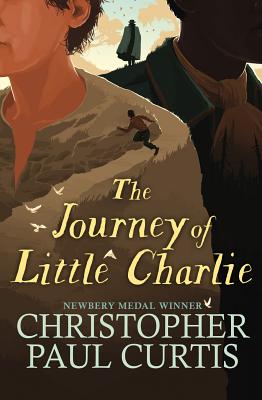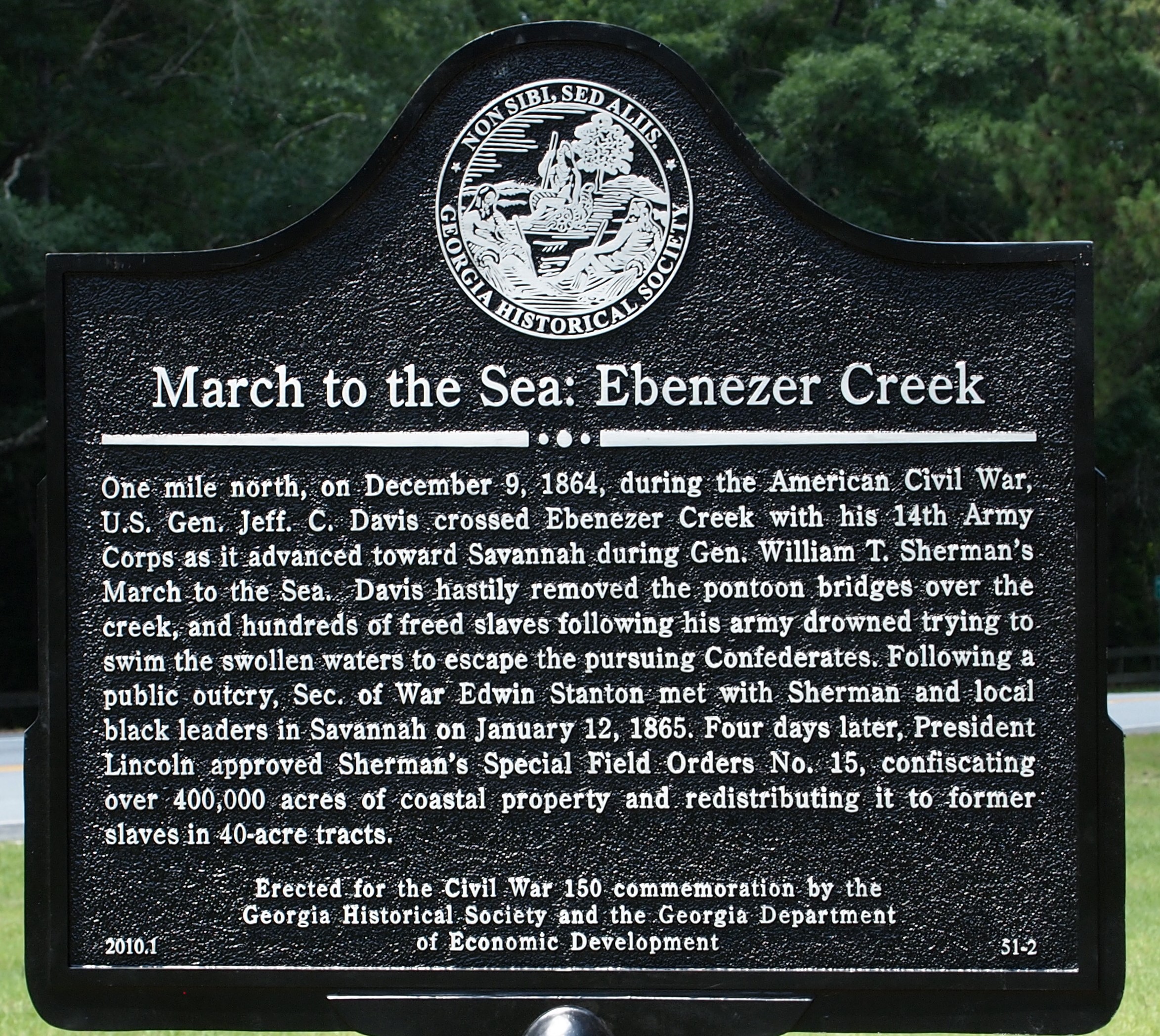Book — Fiction. By Zetta Elliott. 2010. 270 pages.
When tough Genna gets transported back in time, she must face the perilous realities of Civil War-era Brooklyn, using all her wits to survive and hold on to her humanity in two different worlds.
Continue reading
Article. By William Katz. 2013.
An opportunity to highlight Congressman Thaddeus Stevens' fight for equality.
Continue reading
Book — Fiction. By Margarita Engle. 2010. 384 pages.
Bilingual book of historical fiction in verse about Cuba's long fight for independence in the 19th century.
Continue reading
Book — Non-fiction. By Teri Kanefield. 2014. 56 pages.
Illustrated book of a teenager who led a student walk out to protest substandard conditions at a Virginia high school in 1951.
Continue reading
Digital collection. The work of Dr. Louis Charles Roudanez, founder of the first Black daily newspaper in the U.S., the New Orleans Tribune, with articles, excerpts, videos, and a timeline.
Continue reading
Book — Historical fiction. By Zetta Elliott. 2015. 88 pages.
Time travelling historical fiction for upper elementary school students on the New York City Draft Riots.
Continue reading
Book — Fiction. By Ann E. Burg. 2016. 352 pages.
Story of a family fleeing slavery written in verse for grades 4-8.
Continue reading
Book — Non-fiction. By National Park Service. 2017. 165 pages.
A theme study on the history of the Reconstruction era.
Continue reading
Harriet Tubman planned and guided a significant armed raid (becoming the first woman to do so in the Civil War) against Confederate forces, supply depots, and plantations along the Combahee River in coastal South Carolina.
Continue reading
The Lowry Band helped guide General Sherman on his march to end the Civil War.
Continue reading
Mother’s Day began as a call to action for healthcare and against war. Activism continues today with #FreeBlackMamas and more.
Continue reading
The Emancipation Proclamation took effect in 1863. Who did it “emancipate”? And who gets credited?
Continue reading
Mary Ann Shadd Cary published the first edition of “The Provincial Freeman,” Canada’s first anti-slavery newspaper.
Continue reading
On election day, in Louisville, Kentucky, Protestant mobs attacked German and Irish Catholic neighborhoods.
Continue reading
The Constitution of the Confederate States of America was adopted a month before the Civil War started.
Continue reading
Charlotte Brown was forcibly removed from a horse-drawn streetcar in San Francisco.
Continue reading
Stonemasons and other construction workers protested for an eight-hour workday.
Continue reading
Book — Historical fiction. By Tonya Bolden. 2017. 240 pages.
A moving account of the Civil War massacre at Ebenezer Creek in Georgia.
Continue reading
Profile.
Charles Sumner, Civil War and Reconstruction era politician in the United States.
Continue reading
John Brown, Martin Delany, and others gathered for a Constitutional Convention in Chatham, Canada.
Continue reading
Schoolteacher Elizabeth Jennings Graham successfully challenged racist streetcar policies in New York City.
Continue reading
Teaching Activity. By Adam Sanchez and Nqobile Mthethwa. 25 pages.
A mixer role play explores the connections between different social movements during Reconstruction.
Continue reading
Abraham Lincoln issued the preliminary Emancipation Proclamation.
Continue reading
Book — Fiction. By Christopher Paul Curtis. 2018. 256 pages.
A novel for young adults that that shows how slavery was state-sanctioned terrorism and the impact of the Fugitive Slave Law.
Continue reading
People who had escaped from slavery and were following the Union Army, were blocked from crossing the Ebenezer Creek, leading to their death.
Continue reading

